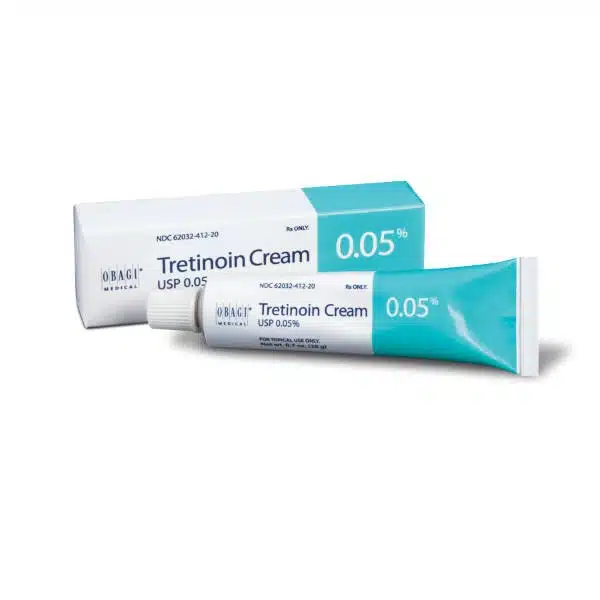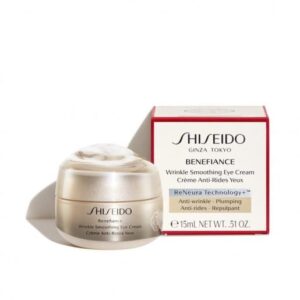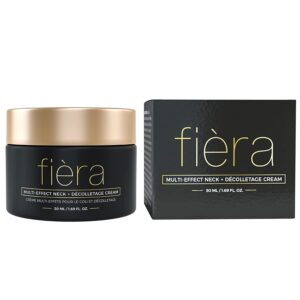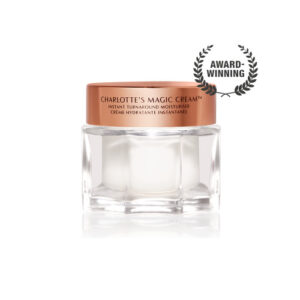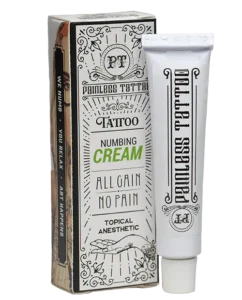Hi everyone! Today, I’m sharing my experience with Tretinoin Topical Cream, a popular treatment for acne. I’ve been using it for few weeks now, and I wanted to give you a comprehensive review based on my journey and insights from other users.
Table of Contents
What is Tretinoin Topical Cream?
Tretinoin, also known as Retin-A, is a prescription medication that belongs to a class of drugs called retinoids. It works by speeding up the skin cell turnover, helping to unclog pores and prevent breakouts.
Features & Benefits:
- Reduces acne: Studies and user reviews, like those found on WebMD, Drugs, and Acne, show that tretinoin is effective in treating mild to moderate acne.
- Improves skin texture: Many users report smoother and clearer skin after using tretinoin for a while.
- May help with anti-aging: Some research suggests tretinoin may reduce wrinkles and fine lines.
How To Apply:
Tretinoin is usually applied once a day, at night, to clean, dry skin. It’s crucial to follow your doctor’s instructions carefully and avoid using it around the eyes, mouth, and nostrils.
First-Person Review:
I started using tretinoin because I struggled with persistent acne, especially on my forehead and cheeks. During the first few weeks, my skin experienced dryness, irritation, and some increased breakouts (purging). This is a common side effect, as mentioned in medical resources like National Institutes of Health. However, with consistent use and proper moisturization, my skin gradually adjusted.
Other Users Reviews:
While my experience has been positive overall, it’s important to remember that tretinoin doesn’t work the same way for everyone. Reviews on websites like RealSelf showcase diverse experiences. Some users report dramatic improvements, while others find it too harsh for their skin.
Pros and Cons:
Pros:
- Effective against acne
- Improves skin texture
- May have anti-aging benefits
Cons:
- Can cause dryness, irritation, and purging (temporary breakouts)
- Sun sensitivity increases, requiring consistent sunscreen use
- May not be suitable for all skin types
The Results:
After using tretinoin for [mention duration], my acne has significantly reduced. My skin texture has improved, and it feels smoother and clearer. While it wasn’t a quick fix, I’m happy with the results and the long-term benefits it might offer.
Similar Products:
If you’re looking for alternatives to tretinoin, other retinoid options like Adapalene or Tazarotene might be suitable. However, consulting a dermatologist is crucial to determine the best course of treatment for your individual needs.
Final Verdict:
Tretinoin can be a powerful tool in your fight against acne, but it’s not without its drawbacks. It’s essential to weigh the pros and cons, understand the potential side effects, and consult a dermatologist before starting treatment.
FAQs:
Does tretinoin topical cream really work?
Yes, tretinoin is a well-established and effective treatment for acne, supported by numerous studies and user experiences.
How long will it take to see results from tretinoin topical cream?
It usually takes 4-8 weeks to see noticeable improvement, and up to 12 weeks for full results.
Can I use tretinoin topical cream everyday?
Start with using it every other night, and gradually increase the frequency as your skin tolerates it. Always follow your doctor’s instructions.
What is the success rate of tretinoin topical cream?
Studies show a success rate of 70-80% in reducing acne.
Remember: This review is based on my personal experience and should not be taken as medical advice. It’s crucial to consult a qualified healthcare professional for personalized guidance and treatment recommendations.

